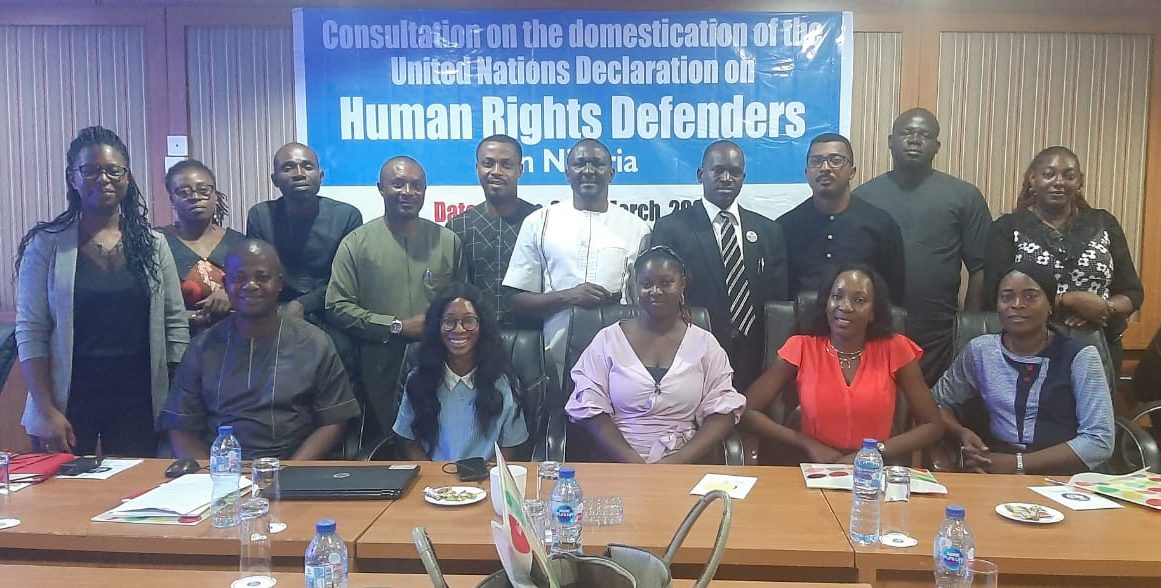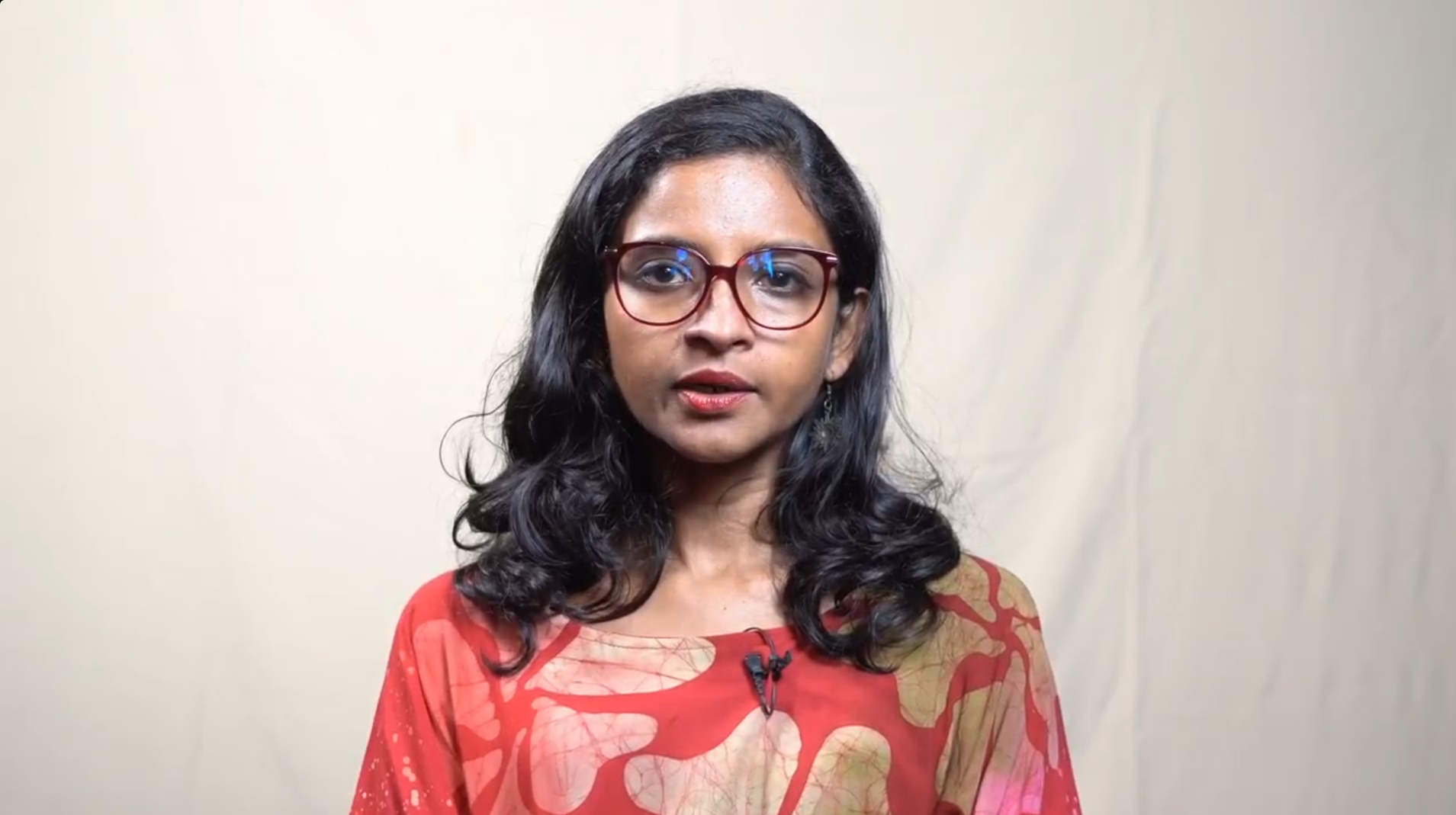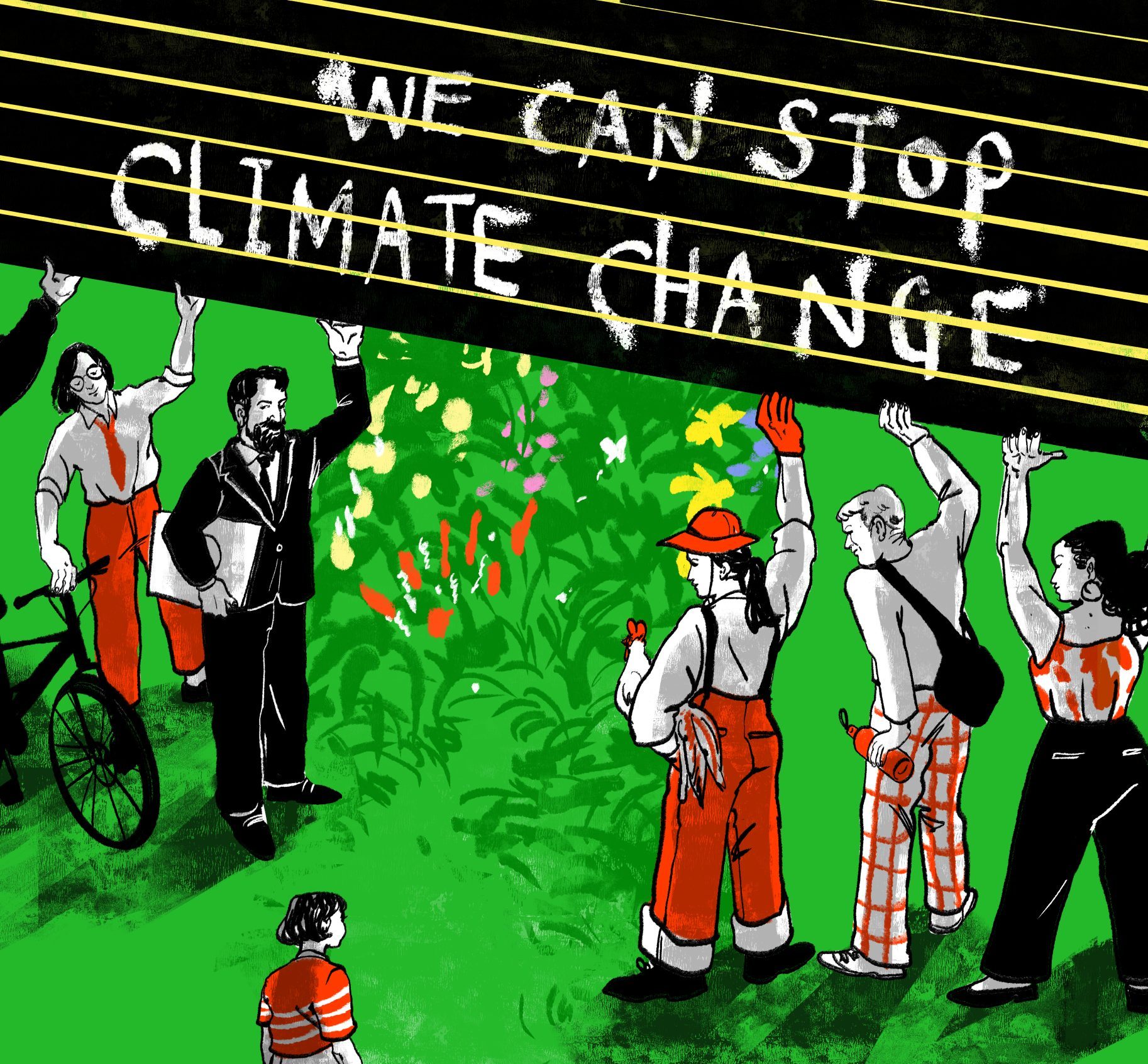In Nigeria, human rights defenders work within a highly restrictive rather than protective environment. It is frequently also a dangerous environment, as evidences in October 2020 with the violent repression of a peaceful protest of the #EndSARS movement at the Lekki toll gate by the Nigerian army, shooting and killing 12 peaceful protesters. Nigeria regularly receives recommendations from international and regional human rights mechanisms calling on the government to protect and promote the rights of defenders, establish a safe and enabling environment for defenders or even adopt a law protecting them, however, very little has been done to date. Indeed, several Bills have been presented over the past ten years to over-regulate the non-profit sector while neglecting proper and adequate implementation of existing legislation and active civil society support and protection.
On 29 and 30 March 2022, Nigerian civil society met in Abuja during a workshop co-organised by ISHR and Development Dynamics to collectively discuss the current legislative protection which defenders benefit from and how to strengthen it. During those two days they shared lessons learned, identified opportunities in the national context, and defined strategies to advance or reform relevant initiatives for the protection of human rights defenders.
On the first day, participants shared the challenges they face in their work, especially those working on environmental issues and corporate responsibility.
“When you work for the protection of the environment in Nigeria, the State is not the only stakeholder you face. The companies involved in the extraction of oil don’t want you to have any information about the work they are doing, too often they are the ones ordering the security forces to deny us access to spilled sites. Unfortunately, the State lays the standard that companies follow. Companies feel comfortable enough to violate our laws because the State doesn’t respect its own legal framework” shared a defender working on the impact of extractive industries in the Niger Delta.
Participants also learned and shared more about the current national legal framework in which they work but also what mechanisms are available at the regional and international levels. What are the existing laws that protect their rights and what can regional and international mechanisms bring in addition to that?
“In spite of the existence of the Freedom of Information Act, and the government’s obligation to share information upon request, this right is limited by the expense this request entail and the fact that if the government doesn’t share the requested information we can bring them to court, knowing full well that defenders don’t have the means to take them to court” said a participant.
On the second day, participants focused on deciding on the best approach to strengthen legislative protection in the country through the use of existing laws and creating strong jurisprudence using those laws, among other things. They also discussed finding the appropriate strategies to ensure a collective effort from civil society in the country.
“It is important to not only focus on one aspect of legislative protection, such as a law protecting defenders, but to have a more holistic approach. Indeed, using what already exists is as important as pushing for new laws. States have to respect their own legal framework” said Adélaïde Etong Kame, ISHR’s Africa Programme Manager.
To conclude, participants pledged their willingness to push Nigeria to implement recommendations adopted by regional and international mechanisms towards the adoption of a national law protecting defenders, as well as continuously push for the implementation of already existing laws to ensure defenders are able to use the tools and mechanisms already in place to guarantee their safety in Nigeria.




